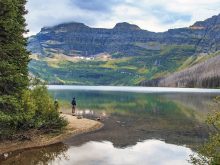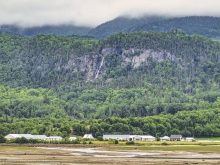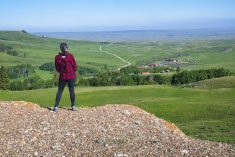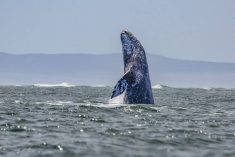Everyone should drive across Canada at least once. There’s no better way to appreciate Canada’s tremendous scope and diversity from mountains to prairie, Great Lakes, forests and coastlines, plus different ways of life.
Here are a few lessons we’ve learned from our long-distance trips.
The first is to plan but don’t over-plan and lose all flexibility. Well ahead of a trip, we contact the tourist office of each province to request current highway maps. While online maps are useful, we find detailed highway maps indispensable for looking at the big picture and planning routes.
Tourist offices may supply other material including accommodation and campground listings or park guides. Let them know your interests, such as hiking, biking or historic sites. Sometimes they have more detailed maps and guides to specific places or activities.
A big decision is to book accommodation ahead or decide as you go. We usually do a bit of both. Booking ahead is more critical in the summer tourist season. But in the shoulder season, when we prefer to travel, it’s possible to stay looser. After all, an independent road trip should allow freedom to do what you want — stay longer in a place you like or take a side trip when a local tells you about a cool place you hadn’t heard of before.
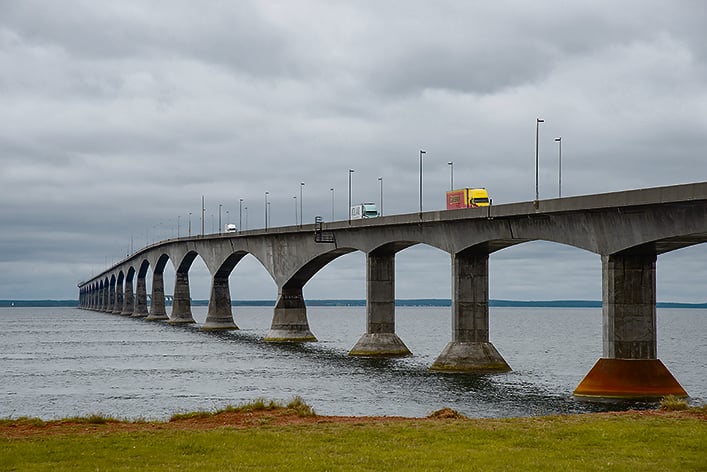
We often use a combination of hotels, motels, air bnb and camping on long trips. We pay special attention to cancellation policies in case we want to change plans. Outside the main tourist season, we may book only a day or two ahead.
We usually prefer to book directly with places we stay, but occasionally we use websites such as Priceline for last-minute deals. They often have “price breaker” sales where for a certain price, you are guaranteed one of three hotels. You don’t know which one until you book.
The savings are sometimes substantial. When using such sites, verify that the currency is in Canadian dollars. Sometimes people think they received a super deal only to discover later that the price was in U.S. dollars.
Camping provides the most freedom and flexibility, plus there’s the chance to stay in awesome spots such as on a lakeshore or next to a beach. Even without camping gear, don’t overlook campgrounds. They might have cabins, yurts or tents already set up and equipped. National parks have long offered oTENTiks, a cross between a frame tent and a cabin. Check the details, since you may have to bring bedding.
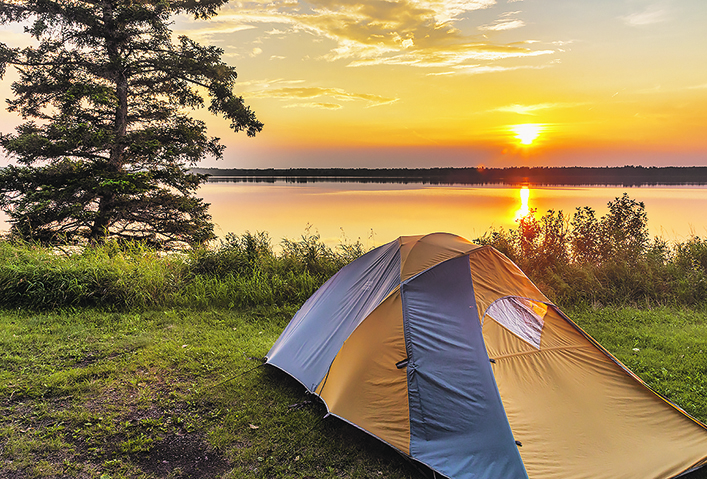
On our last trip to the East Coast, one of the most memorable places we stayed was in a log cabin in Quebec’s Aiguebelle Park. It was off-grid and by itself in the forest, next to an attractive small lake. Not only did it have lots of firewood for the wood-burning stove, but the wood was already split!
The cabin even came with a canoe, complete with paddles and life jackets, to use on the lake. It cost much the same as a run-of-the-mill roadside motel. With a little checking around, we might find hidden gems throughout the country.
If you plan to visit national parks, consider an annual Parks Canada Discovery Pass. It provides unlimited admission to more than 80 destinations across the country, including all national parks and historic sites operated by Parks Canada. The Family/Group Pass covers up to seven people in the same vehicle.
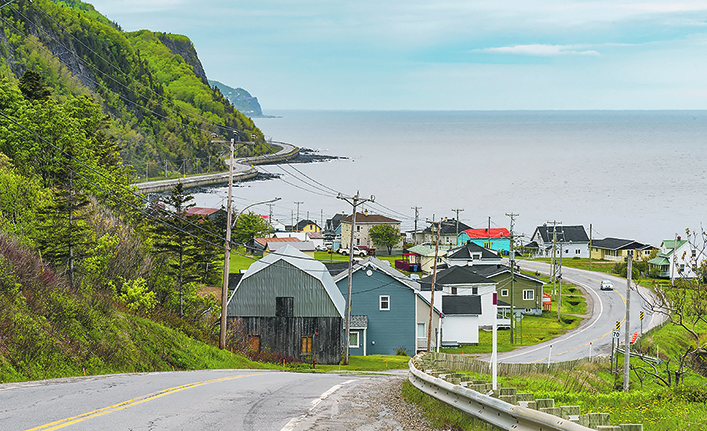
Fuel is a big cost on a cross-country trip. We always use the Gas Buddy website to find current fuel prices almost anywhere. Besides showing which gas station in town has the best price, it’s even more useful for comparing prices between nearby towns on your route.
Other websites we keep handy are highway hotlines for each province. Each morning we check for alerts. Summer always brings construction. If it appears there is a lot of disruption, we can look for a different route, or at least plan on the drive taking longer.
Taking enough time is the biggest lesson we’ve learned. It’s tempting to try to do too much in a short time, but reality sets in when we start calculating driving distances across the country. We don’t find it fun to simply drive all day. A road trip should be as much about the journey as the destination.
Arlene and Robin Karpan are well-travelled writers based in Saskatoon. Contact: travel@producer.com.






